Interview by Angie Taylor
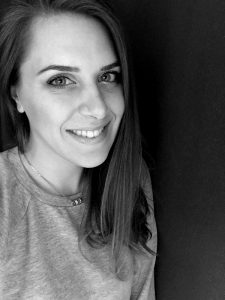 Welcome, Molly Phipps, aka M. A. Phipps, to the ON THE BOD BLOG author spotlight interview! I’m so excited to have you, to get to know you a little, and to share your awesome writing with all of the BOD members.
Welcome, Molly Phipps, aka M. A. Phipps, to the ON THE BOD BLOG author spotlight interview! I’m so excited to have you, to get to know you a little, and to share your awesome writing with all of the BOD members.
Hi Angie, thanks for having me! I’m so excited to chat with you and give readers the chance to get to know me a bit.
First, before you tell us about Ultraxenopia, will you tell us how you got into writing? Was it something you always knew you’d do? How did it all come to be?
I’ve been writing for as long as I can remember. When I was in grade school, I used to make these little picture books for my mom—stories about random things with some pretty terrible illustrations. To be honest, I can’t ever remember NOT writing. It’s always been something I just had to do. For one, because I loved it and also, I think, for my own sanity a little bit. It’s a good release for me. My dad has always been a big reader as well, so I think that just rubbed off on me. Who knows, maybe I’m genetically predisposed to love books!
In your bio you mention that you’ve always loved the written word. So, what was the first book that sucked you in and made you know you wanted to write?
When I was about six or seven, my dad gave me a copy of A Wrinkle in Time by Madeleine L’Engle. I always loved books, but there was something about this one that had an extremely profound effect on me, and it was the first time I remember actually thinking, “I want to be an author.” I also read The Lord of the Rings when I was very young, and anyone who knows me knows how obsessed I am with that series. My dad introduced me to all these great books, so I guess I should probably thank him for sparking that dream.
If you could meet your favorite author, who would it be, and what would you ask them?
I have a few authors I really admire, but I think if I had to choose one, it would be Philip Pullman. His Dark Materials are among my favorite books, and I know he dealt with a lot of criticism over the years for it being considered atheist in plot. Even the Vatican made a movement against them being turned into films! (As a side note, the first one was turned into a film and it was rubbish). I would love to ask him how he dealt with that.
Now tell us a little bit about Ultraxenopia. It’s the first in your W. A. R. series. But where did the idea come from? Were you inspired or influenced by any other dystopian stories while you were creating Ultraxenopia’s world? What would you liked us to know?
The world in Ultraxenopia was heavily influenced by the Big Brother society in George Orwell’s 1984. I read it in high school, and I found it incredibly haunting. In regards to the medical aspect, I’ve always been fascinated by science, and my brother and sister-in-law are scientists themselves, so I wanted to really incorporate it into the story in some way. I also took inspiration for the DSD (the experimental facility) and Wynter’s experiences there from Unit-731, which was where the Japanese conducted human experimentation during World War II to help them create biological weapons. Much of the State is based on Nazi Germany as well (although that becomes more apparent in the sequels).
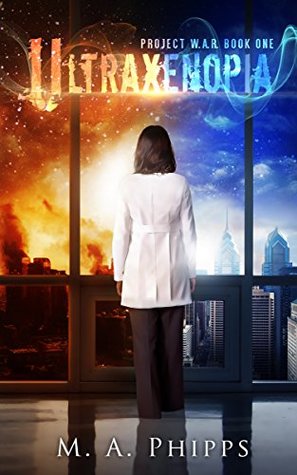
I love Wynter, the protagonist in Ultraxenopia. She’s strong and yet she has weaknesses that make her vulnerable and able to relate to. What do you see as her greatest weakness? What do you most admire about her?
I think Wynter’s greatest weakness is her ignorance. She’s essentially been brainwashed to believe certain things and live one way her entire life. And in a very short space of time, she learns how much of what she always believed is actually a lie. A lot of that ties into her family and her past, and it will be a struggle for her to come to terms with throughout the events of the trilogy. On the other hand, I really admire her tenacity and willingness to make sacrifices for the sake of the people she loves. She wants to do right by them with little regard for herself, which I think is an admirable trait.
Without giving away the story, what can you tell us about Wynter’s powers?
They are what make her unique in a world where individuality isn’t allowed. They give her a sort of strength and drive she might not have known otherwise. But they also put her in a position where she can be used for malicious purposes. Her powers are, in many ways, like two sides of a coin.
If you had Wynter’s abilities but had the power to control them, how would you use them?
I know a lot of people wouldn’t want to know what the future holds for them, but I think more than anything, I’d be curious to see how I die. It sounds grim, but in the words of Edward Bloom in the film Big Fish, “But it could kind of help you, couldn’t it? Because you’d know that everything else you can survive.”
I love a great love story and I especially love a great male lead, hence my love for Ezra. So, what can you tell us about Ezra? How does he help or hinder Wynter in her role in Ultraxenopia?
Ah, Ezra. I do love a pretty boy. He’s this natural born leader, very charismatic, and well-liked by the people around him. But at the same time, he has a lot of his own personal issues and doubts that he doesn’t really show on the surface, which can make you feel like you’re not seeing every side of him. He’s a strong guy, but Wynter exposes a weakness to him that he doesn’t want to admit is there. Whereas with Wynter, her relationship with him sort of brings out her strength. The trouble is, when you’re wanted by very powerful people, like Wynter is, those people are willing to use the ones you love against you, and that is where Ezra poses a risk to her in the long run. In a world like the one in Ultraxenopia, caring for other people can be your downfall.
Some of my favorite stories have the best villains. And Dr. Richter fits right in with the best worst bad guys. What can you tell us about what makes him such a good villain?
I think Dr. Richter makes such a good villain because he has this intense creepy vibe to him right from the start. He plays nice at first, but you can sense something off about him by the way he looks at Wynter or by the things he says. Then, when you get into the story a little deeper, you see how truly psychotic he is. It’s hard to imagine anyone being that inhumane and…well…cruel. Trust me when I say though, the best (or worst) is yet to come.
What can you tell us about the second book in the W. A. R. series? What other projects are you working on that you’d like to tell us about?
Oh man, I am SO excited about it. It’s my favorite one in the trilogy. Granted, I haven’t planned or written book three yet, so that may change. But book two is going to be a wild ride, even more so than Ultraxenopia. In terms of other projects, I’ve been dabbling with short stories and I am working on a novel outside the Project W. A. R. world, but I’m keeping it under wraps for the time being until it’s finished.
When you’re not writing, what do you do? Or, what are some hobbies you do in your spare time?
I recently started offering freelance graphic design (putting my degree to good use, finally). So when I’m not writing or entertaining my two-year-old daughter, I’m usually making art. I’d like to say I spend my free time reading but free time doesn’t exist for me right now. Although, I’m determined to get some time back to get through my TBR pile in the near future.
Well, thank you so much for spending time with all of us at BOD and for letting us get to know you!
ABOUT M.A. PHIPPS
M. A. PHIPPS is an American author who currently resides in the picturesque English West Country with her husband, daughter, and their Jack Russell, Milo. A lover of the written word, it has always been her dream to become a published author, and it is her hope to expand into multiple genres of fiction. When she isn’t writing, you can find her counting down the days until the new season of Game of Thrones.
Find Ultraxenopia Online:
Amazon
Goodreads
Barnes & Noble
M.A. Online:
Website
Facebook
Twitter
Goodreads
Instagram
Youtube
Pinterest
Amazon
Newsletter
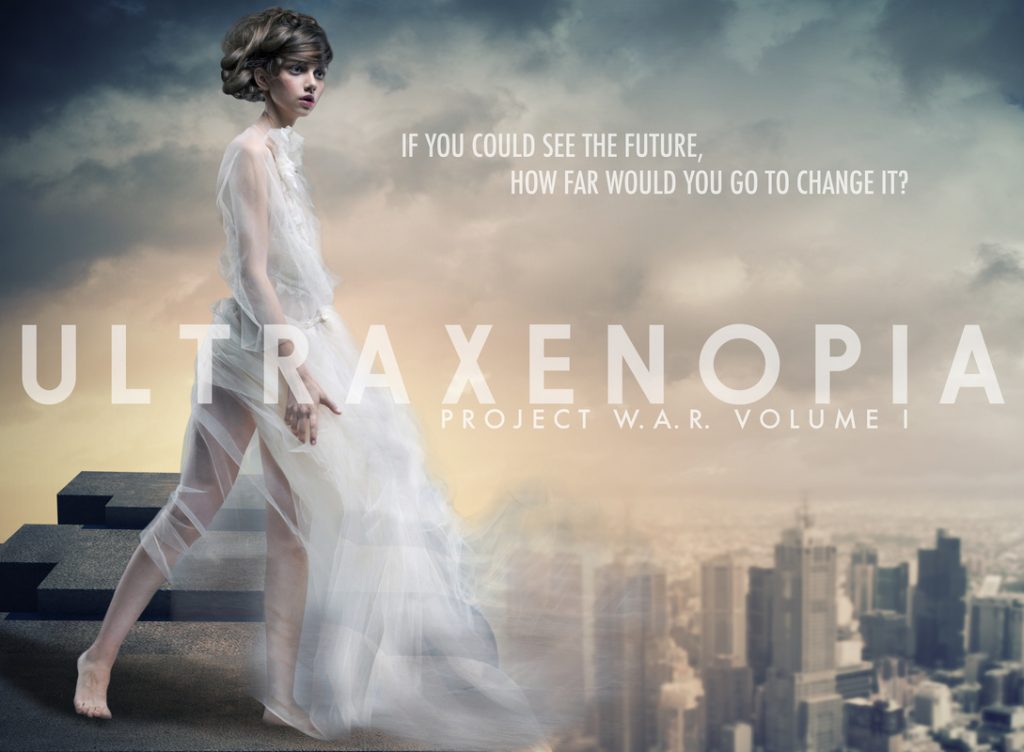


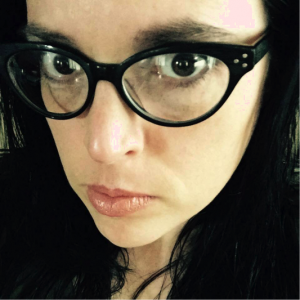 Welcome, Rissa Blakeley, to the BOD author spotlight. It’s my pleasure to share a little bit about you with all of our BOD members. Thanks for joining us.
Welcome, Rissa Blakeley, to the BOD author spotlight. It’s my pleasure to share a little bit about you with all of our BOD members. Thanks for joining us.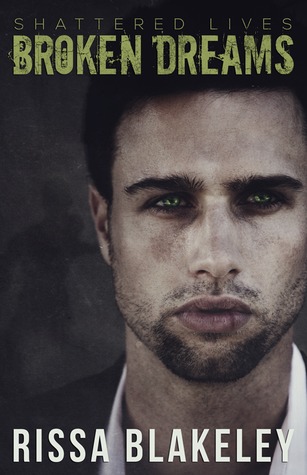
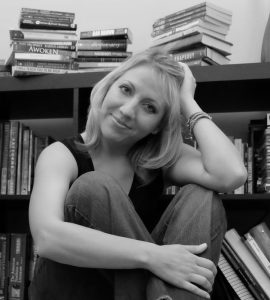 Welcome, Sarah Noffke, to BOD’s author spotlight interview. I’m so excited to feature you on the BOD blog and to share a little bit about you with our members.
Welcome, Sarah Noffke, to BOD’s author spotlight interview. I’m so excited to feature you on the BOD blog and to share a little bit about you with our members.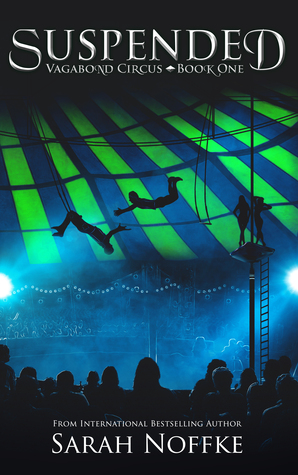
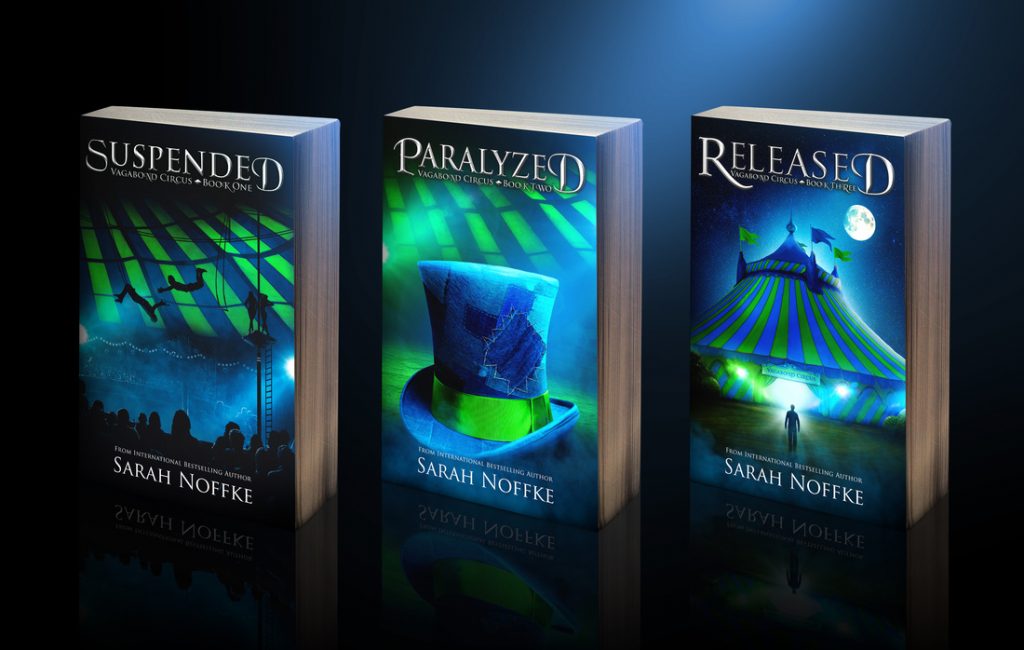
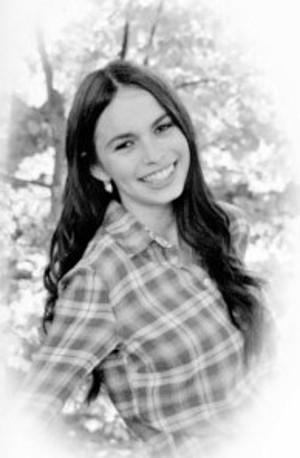 Welcome, Allyssa Painter, to BOD’s author spotlight. I am pleased to be interviewing you about your two book series, The Timekeeper Duo.
Welcome, Allyssa Painter, to BOD’s author spotlight. I am pleased to be interviewing you about your two book series, The Timekeeper Duo.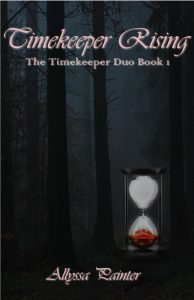 The concept of a Timekeeper, angels (both those who have fallen and those who have not), demons, pacifists, and extremists is a very complex collection. How did you decide what types of characteristics were needed to tell your story?
The concept of a Timekeeper, angels (both those who have fallen and those who have not), demons, pacifists, and extremists is a very complex collection. How did you decide what types of characteristics were needed to tell your story?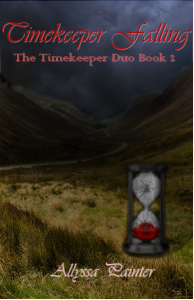 Do you find you identify with the main character, Iris, or do you feel you connect more with another character in your story?
Do you find you identify with the main character, Iris, or do you feel you connect more with another character in your story?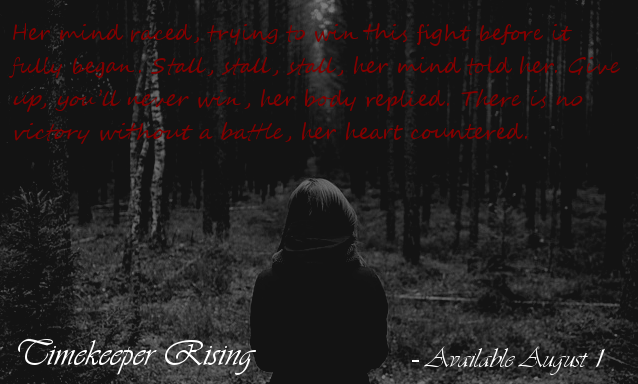
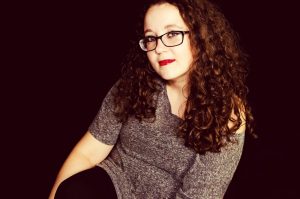 Welcome, Bridget Nash, to BOD’s author spotlight. I have to say I am thrilled to be interviewing you for your debut book, Players.
Welcome, Bridget Nash, to BOD’s author spotlight. I have to say I am thrilled to be interviewing you for your debut book, Players.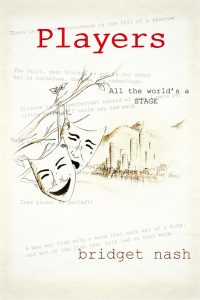 I’m chuckling a little because my theatre training is limited to my involvement in Speech and Drama in high school. That is where I realized how peculiar a talent stage acting is. For those who were never involved in competitive speech, I’ll tell you that it’s not about standing up and giving speeches, although you do learn about that in Speech class. Competitive speech is acting. It’s very dramatic. You perform monologues or duets and I was really good at it. Well, except for the times I decided on my pieces on the way to the speech meet. Those times I was laughable. But when I applied myself, I was good at competitive speech and I loved it. I won awards. However, when it came to the drama part of Speech and Drama, it seemed like a completely different planet. Put me on a stage to do a monologue and I nail it. Ask me to act in an entire play? Choke. My motions were awkward, my dialogue unbelievable. I couldn’t do it. Because stage acting is a magic I don’t possess, but I love it nonetheless. So, to actually answer your question, my knowledge of the theatre comes from limited experience, appreciation, and research.
I’m chuckling a little because my theatre training is limited to my involvement in Speech and Drama in high school. That is where I realized how peculiar a talent stage acting is. For those who were never involved in competitive speech, I’ll tell you that it’s not about standing up and giving speeches, although you do learn about that in Speech class. Competitive speech is acting. It’s very dramatic. You perform monologues or duets and I was really good at it. Well, except for the times I decided on my pieces on the way to the speech meet. Those times I was laughable. But when I applied myself, I was good at competitive speech and I loved it. I won awards. However, when it came to the drama part of Speech and Drama, it seemed like a completely different planet. Put me on a stage to do a monologue and I nail it. Ask me to act in an entire play? Choke. My motions were awkward, my dialogue unbelievable. I couldn’t do it. Because stage acting is a magic I don’t possess, but I love it nonetheless. So, to actually answer your question, my knowledge of the theatre comes from limited experience, appreciation, and research.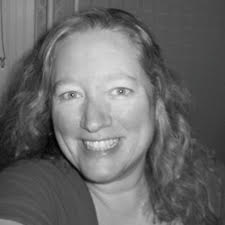 Welcome, Tamara Jones, I’m so excited to feature you on the BOD blog and share with all our Bod members a little bit about yourself and your awesome writing.
Welcome, Tamara Jones, I’m so excited to feature you on the BOD blog and share with all our Bod members a little bit about yourself and your awesome writing.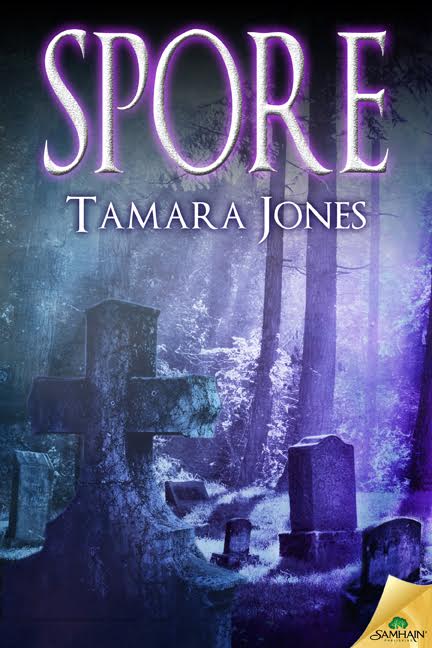 ABOUT SPORE: The dead are coming back. Ten naked people walk from a cemetery into artist Sean Casey’s backyard: ten Spore People who used to be dead. One, Mindy, stays with Sean while trying to reclaim her life, but her ex would rather she return to her grave. Sean struggles to protect Mindy and other Spores while battling his recurring-and worsening-nightmares. Meanwhile, the media feeds a panicked frenzy that leads both the hopeful and hateful to Sean’s front door. As the Spore fungus spreads, so does the fear. When mutilated children match Sean’s nightmares, he realizes his own worst terror may be closer than he thinks.
ABOUT SPORE: The dead are coming back. Ten naked people walk from a cemetery into artist Sean Casey’s backyard: ten Spore People who used to be dead. One, Mindy, stays with Sean while trying to reclaim her life, but her ex would rather she return to her grave. Sean struggles to protect Mindy and other Spores while battling his recurring-and worsening-nightmares. Meanwhile, the media feeds a panicked frenzy that leads both the hopeful and hateful to Sean’s front door. As the Spore fungus spreads, so does the fear. When mutilated children match Sean’s nightmares, he realizes his own worst terror may be closer than he thinks.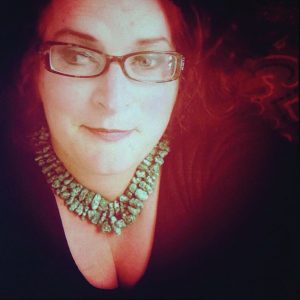 Really, I am so lucky to be a part of a group as loyal and strong as BOD. I want to thank you, Angie, for going out of your way to reschedule this interview three times as my editors realized I would have to cut the first 40 pages of the novel. There was a great deal of crying and rewrites as I tried to figure out how to follow their counsel. And my editing team was absolutely right. The book is better for the missing pages.
Really, I am so lucky to be a part of a group as loyal and strong as BOD. I want to thank you, Angie, for going out of your way to reschedule this interview three times as my editors realized I would have to cut the first 40 pages of the novel. There was a great deal of crying and rewrites as I tried to figure out how to follow their counsel. And my editing team was absolutely right. The book is better for the missing pages.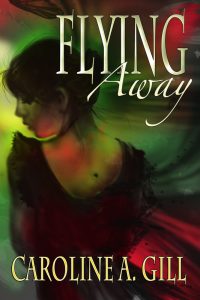 You are so kind. I have always drawn, with just as much skill as every other kid in my grade I think. I really pursued drawing in college, trying to show the beauty in every detail of a wrinkled face, or the feathers of an eagle’s wing. I did not myself know what Lani looked like, until she bloomed into being under my hand. I started the drawing, but she formed herself. It means so much to me to be able to share the images in my imagination. I am constantly surprised by what emerges.
You are so kind. I have always drawn, with just as much skill as every other kid in my grade I think. I really pursued drawing in college, trying to show the beauty in every detail of a wrinkled face, or the feathers of an eagle’s wing. I did not myself know what Lani looked like, until she bloomed into being under my hand. I started the drawing, but she formed herself. It means so much to me to be able to share the images in my imagination. I am constantly surprised by what emerges.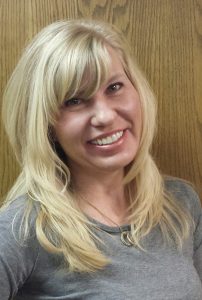 Welcome, Casey Hays, to BOD’s author spotlight. It’s so fun to get to interview and feature you again on BOD in light of the release of your last book in the Arrow’s Flight series, Master. Thank you for joining us.
Welcome, Casey Hays, to BOD’s author spotlight. It’s so fun to get to interview and feature you again on BOD in light of the release of your last book in the Arrow’s Flight series, Master. Thank you for joining us.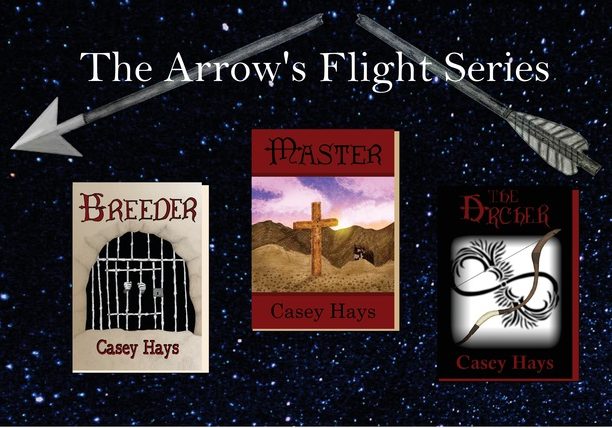
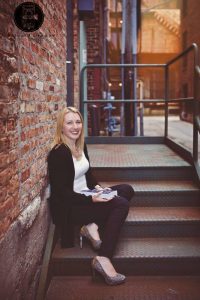 Welcome, A.S. Winchester—known as Addison Sharon Winchester to everyone at BOD—to this week’s ON THE BOD BLOG author spotlight interview! It’s a pleasure to get to know you.
Welcome, A.S. Winchester—known as Addison Sharon Winchester to everyone at BOD—to this week’s ON THE BOD BLOG author spotlight interview! It’s a pleasure to get to know you.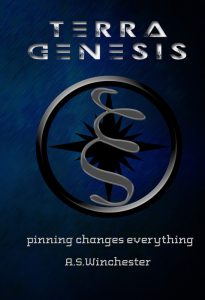 One of my favorite parts of your book is when Aleka is first introduced. She’s terrifying, powerful, and has the ability to completely suck readers into the story. Was it hard/scary/fun creating such a character?
One of my favorite parts of your book is when Aleka is first introduced. She’s terrifying, powerful, and has the ability to completely suck readers into the story. Was it hard/scary/fun creating such a character? 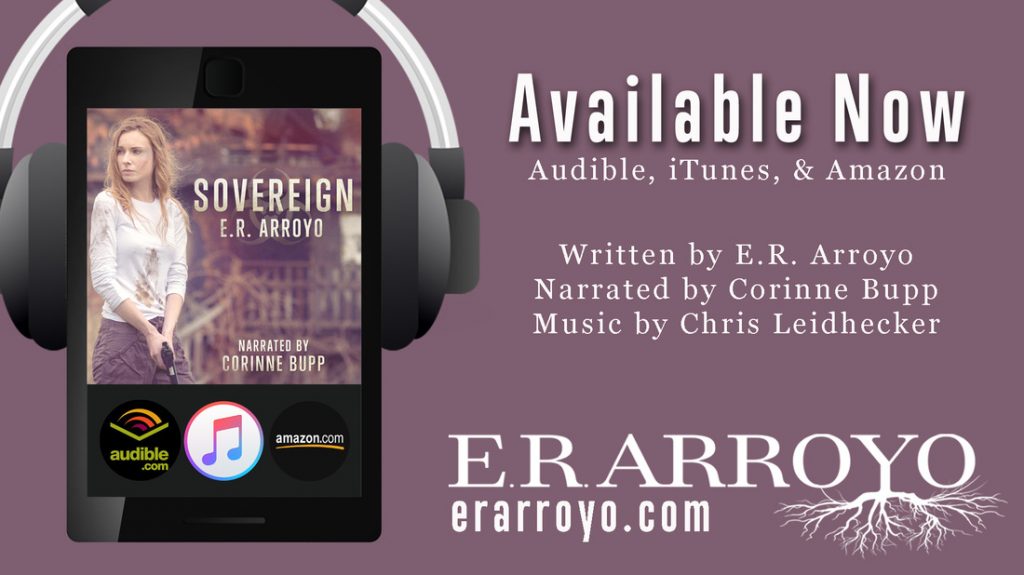
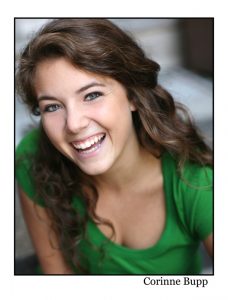 Now, Corinne Bupp, how fun to be a narrator! I have always wanted to narrate books, but my voice is way too whiny when recorded. So, I’m going to live vicariously through you. Can you tell us about your background and how you got started in narrating?
Now, Corinne Bupp, how fun to be a narrator! I have always wanted to narrate books, but my voice is way too whiny when recorded. So, I’m going to live vicariously through you. Can you tell us about your background and how you got started in narrating?
Recent Comments